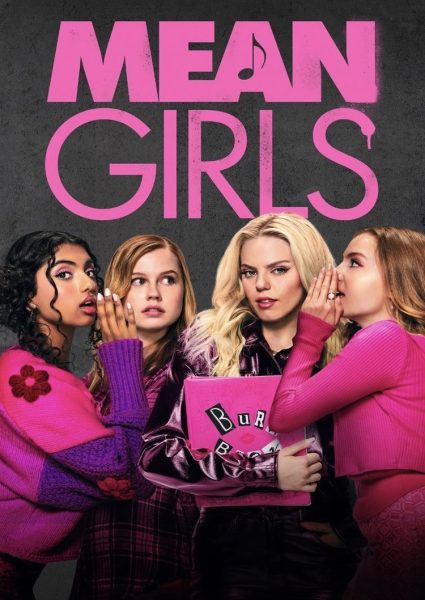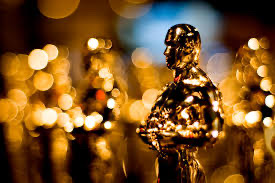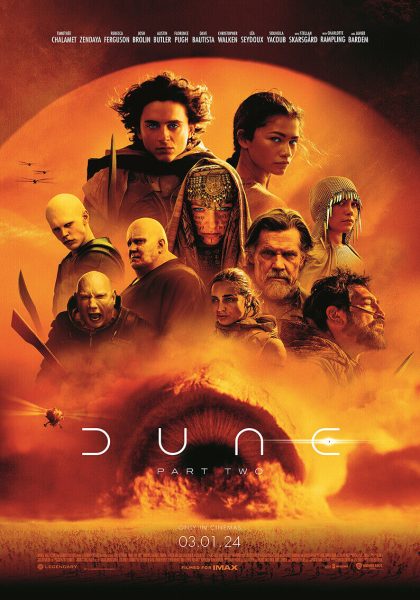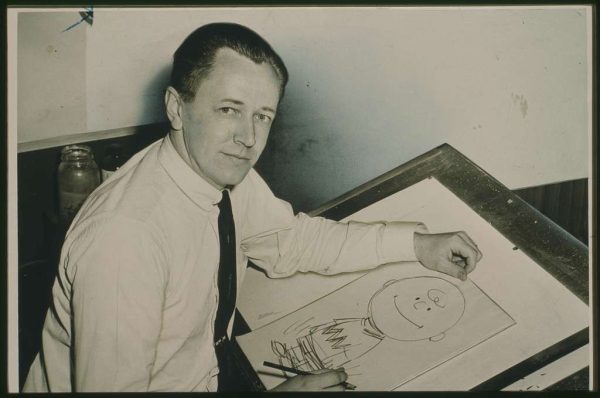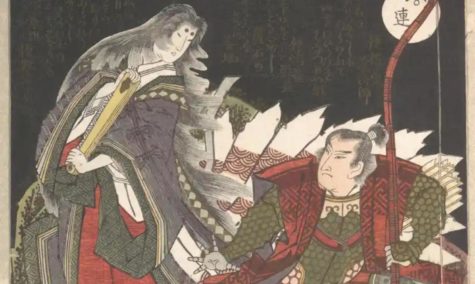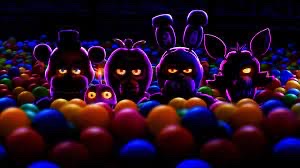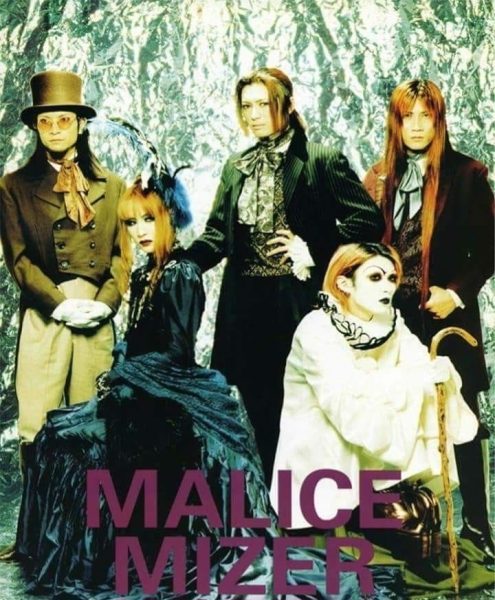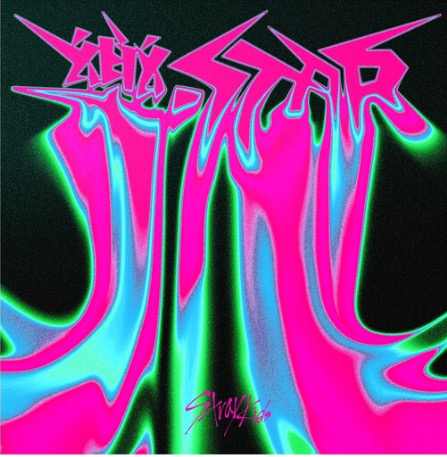The Unexpected Origins of April Fools’ Day
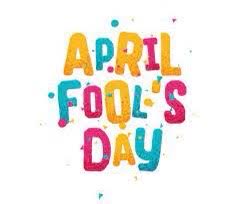
Let’s set the scene. You are walking to school one day when your friend sneaks up behind you. “Hey!” they say, almost shouting with giddy. You look at them in confusion at their erratic greeting and tentatively say hello back. “Do you know what day it is?” You pause for a second, even more baffled by the arbitrarily tossed out question, and reply, drawing the word out. “No?” You think for another moment and abruptly interject, “Is it your birthday? I hope it’s not your birthday. Happy birthday?” Your friend shakes their head and, words cut off by their choked laughter, says, “There is no school today. See, I’m not wearing a backpack!” You raise an eyebrow. “I only came outside to warn you,” they add hastily, “after I saw you walking in that direction.” You look at them momentarily with disbelief but, because they were one of your close friends, you decide to trust them and begin walking home.
Just as you reach your street, you pull your phone out of your backpack to notify your parents that you are coming back to the house. But as you turned on your phone and looked at the lock screen, you finally came to realize why your friend had asked you if you knew what day it was! It was April 1st, otherwise known as April Fools’ Day. “Oh…” you sigh in realization and then turn around. Now, not only were you a fool, but you were also late.
Where did April Fools’ Day come from? It was most certainly not a national holiday like Presidents’ Day or Labor Day, nor was it a commercial holiday like Valentine Day or Halloween. April Fools, if anything, is infamously known for its pranks and is lovingly celebrated around the world, to our humor, but where did it come from?
April Fools’ Day was speculated, by historians, to have originated back in 1582 when France switched from the Julian calendar, established by Julius Caesar, to the Gregorian calendar, which is used today. Since the new year, in the Julian calendar, began around the spring equinox, roughly April 1st, people who were slow to get the news that new year had moved to January 1st, and continued to celebrate during the end of March, became the laughingstock of the town. They were ridiculed and, thus, were deemed as “April Fools.” But where did the prank part of April Fools’ Day come into play, you may be wondering. Well, jokes were played on these forgetful folks, some of which included attaching paper fish on their backs to symbolize an easily caught fish and a gullible person.
Pranks Throughout the Years:
April Fools’ Day spread throughout Britain during the 18th century. Some of the earliest pranks included, in Scotland, “Hunting the Gowk,” otherwise known as cuckoo bird, in which people were sent on fake errands, and pinning fake tails or attaching a “kick me” sign on one’s back. Other notable pranks include BBC’s phony report on spaghetti-growing trees, in 1957; National Public Radio’s interview in 1992 with a former President Richard Nixon, who was in all actuality an actor, saying he was running for president again; and Google’s annual complication of April Fools’ Day pranks, of which included the “telepathic search” and the MentalPlex hoax.
All in all, April Fools’ Day is beloved, both willingly and begrudgingly, by people all over the world. Often followed by a complication of pranks and little tricks, April Fools’ Day is easily one of the most notoriously known holidays. So, next time you are notified that school is canceled for the day, check the date because it could just possibly be a prank.

Avid fantasy and mystery novel fanatic, Elise Kim was born on April 7th, 2009 in Shanghai, China, from which she then moved to California at the age of...


